Home>diy>Building & Construction>What Does Site Work Mean In Construction
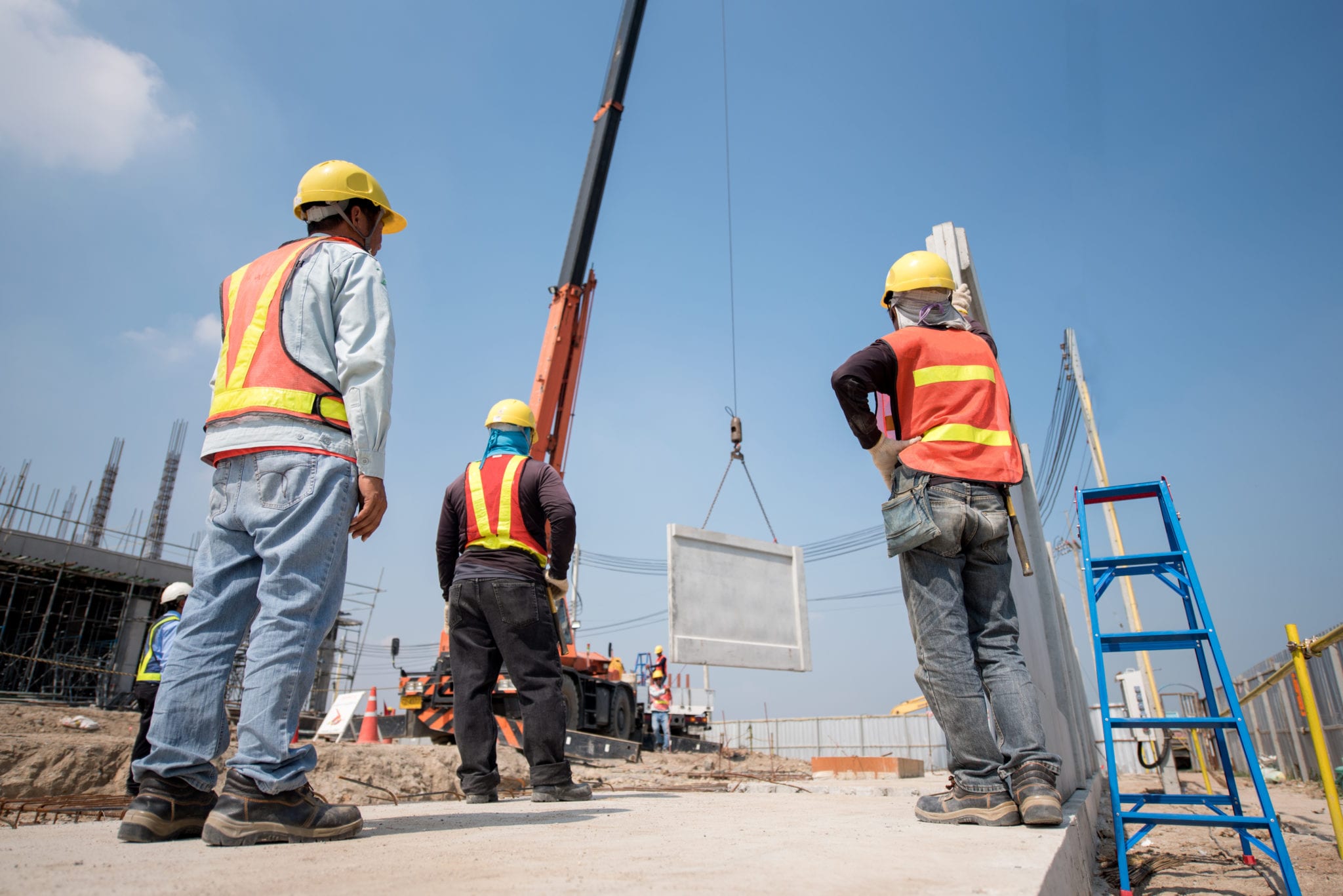

Building & Construction
What Does Site Work Mean In Construction
Modified: October 18, 2024
Learn the definition and importance of site work in building construction. Discover how it plays a crucial role in preparing the land for construction projects.
(Many of the links in this article redirect to a specific reviewed product. Your purchase of these products through affiliate links helps to generate commission for Storables.com, at no extra cost. Learn more)
Introduction
When it comes to construction projects, there is much more to consider than just the building itself. Before any construction can begin, there is a crucial phase called site work that needs to take place. Site work encompasses a range of activities that are essential for preparing a construction site and ensuring a solid foundation for the building to come.
In this article, we will explore the concept of site work in construction, its components, importance, common activities involved, challenges faced, and the cost estimation associated with it. By gaining a better understanding of site work, you will appreciate its significance in the overall construction process and the role it plays in creating safe and functional structures.
So, let’s dive in and discover what site work is all about!
Key Takeaways:
- Site work in construction is the essential groundwork that prepares a construction site for building activities, ensuring safety, infrastructure installation, regulatory compliance, cost efficiency, and long-term resilience.
- Accurately estimating the cost of site work is crucial for effective project management and budgeting, considering factors such as site surveys, clearing, excavation, utility installation, drainage systems, and safety provisions.
Read more: What Is A Construction Site
Definition of Site Work in Construction
Site work in construction refers to the preparatory activities that are necessary before any construction can take place on a specific site. It involves the clearing, grading, and leveling of the land, as well as the installation of utilities and infrastructure required for the building to function properly.
Site work serves as the foundation for the entire construction project, laying the groundwork for the structure to be erected. It sets the stage for the building process, ensuring that the site is safe, accessible, and suitable for construction activities.
Site work can vary in scope and complexity depending on the size and nature of the project. It typically includes activities such as excavation, site grading, utility installation, drainage systems, and erosion control measures. These activities are critical for creating a stable and functional construction site.
Overall, site work in construction is the initial phase that prepares the site for the construction project to follow. It involves a range of tasks aimed at transforming a raw piece of land into a suitable environment for the construction of buildings and infrastructure.
Components of Site Work
Site work in construction comprises several key components that work together to prepare the construction site for building activities. Each component plays a crucial role in ensuring the site is safe, accessible, and ready for construction. Let’s explore the main components of site work:
- Clearing and Demolition: This involves the removal of any existing structures or vegetation from the construction site. It includes the demolition of old buildings, tree removal, and clearing away debris.
- Excavation: Excavation is the process of digging or removing earth to create the necessary depth for the foundation. It involves the use of heavy machinery to excavate the site and prepare it for the construction of underground utilities and foundations.
- Grading and Leveling: Grading and leveling the site ensure that the ground is even and provides a stable base for construction. It involves reshaping the land, removing large rocks, filling in low spots, and ensuring proper drainage to prevent water accumulation.
- Utility Installation: Utilities such as water, sewer, electricity, and gas lines need to be installed before construction can begin. This component of site work involves coordinating with utility companies to connect the site to the necessary infrastructure.
- Drainage Systems: Proper drainage is essential to prevent water from accumulating on the construction site. This component includes installing drainage pipes, catch basins, and stormwater management systems to ensure the efficient flow of water away from the site.
- Erosion Control Measures: Preventing erosion is crucial to maintain the stability of the site during and after the construction process. Erosion control measures, such as the installation of erosion blankets, silt fences, and retaining walls, help prevent soil erosion and protect nearby water bodies.
- Site Access and Road Construction: Creating access roads and parking areas is vital for the smooth flow of construction activities and accessibility for workers and equipment. This component involves the construction of temporary or permanent roads, sidewalks, and parking lots on the construction site.
- Environmental Considerations: Site work also includes addressing any environmental considerations and adhering to regulations related to soil contamination, endangered species, or protected habitats. Environmental assessments and mitigation measures may be required as part of the site work process.
These various components of site work ensure that the construction site is properly prepared to accommodate the planned building and infrastructure, promoting a safe and efficient construction process.
Importance of Site Work in Construction Projects
Site work is a critical phase in construction projects that should never be overlooked or underestimated. It lays the foundation for the success of any construction endeavor and plays a vital role in the overall project timeline. Let’s explore the importance of site work in construction projects:
- Site Preparation: Site work prepares the construction site for the building process. It involves clearing the site, grading the land, and ensuring proper drainage. By creating a level and stable foundation, site work sets the stage for the construction of a safe and structurally sound building.
- Ensuring Safety: Proper site work helps identify and address potential safety hazards before construction begins. It involves evaluating the site for any existing utilities, underground hazards, or unstable ground. By addressing these issues during the site work phase, it reduces the risk of accidents and ensures the safety of workers and future occupants.
- Infrastructure Installation: Site work includes the installation of essential utilities, such as water, sewer, electricity, and gas lines. By completing this infrastructure work during the site preparation phase, it allows for uninterrupted and efficient construction activities. It also ensures that the building will have the necessary utilities once it is completed.
- Regulatory Compliance: Site work involves addressing various regulatory requirements and permits, such as environmental impact assessments, zoning regulations, and building codes. By adhering to these regulations during the site work phase, it helps avoid delays, fines, and legal complications during the construction process.
- Cost and Time Efficiency: Proper site work planning and execution can significantly impact the overall cost and timeline of a construction project. By identifying potential challenges and addressing them early on, it minimizes the need for costly changes or modifications later in the construction process. It also ensures that the project stays on schedule, avoiding costly delays.
- Long-Term Resilience: Site work includes measures such as proper grading, drainage, and erosion control. These measures help ensure the long-term stability and resilience of the building and surrounding infrastructure. By addressing these aspects during site work, it helps minimize the risk of future problems, such as water damage, foundation issues, or erosion-related complications.
Overall, site work is of utmost importance in construction projects. It sets the foundation for the successful execution of the building process, ensuring safety, compliance, efficiency, and long-term resilience. Investing time and effort in proper site work pays off in the form of a well-prepared site and a smooth construction process.
Site work in construction refers to the initial preparation and infrastructure work needed before building can begin. This includes clearing the site, grading the land, installing utilities, and creating access roads. It’s essential for a strong foundation and smooth construction process.
Common Activities Involved in Site Work
Site work encompasses a variety of activities that are essential for preparing a construction site before the building process can commence. These activities involve both physical labor and coordination with various professionals. Let’s explore some of the common activities involved in site work:
- Site Survey and Assessment: Before any site work can begin, a detailed survey and assessment of the site need to be conducted. This involves examining the topography, assessing soil conditions, and identifying any potential challenges or constraints.
- Clearing and Demolition: Clearing the site involves removing any existing structures or vegetation that may interfere with the construction process. This can include demolishing old buildings, uprooting trees, and clearing away debris.
- Excavation and Grading: Excavation involves digging or removing earth to create the necessary depth for foundations and utilities. Grading then involves leveling the site, ensuring even slopes and proper drainage. Excavation and grading are crucial for creating a stable and level construction site.
- Utility Installation: Installing utilities is an integral part of site work. It involves coordinating with utility companies to connect the construction site to water, sewer, electricity, and gas lines. This includes excavation for underground utility lines and the installation of pipes and connections.
- Drainage Systems: Proper drainage is essential to prevent water accumulation and potential damage to the construction site. This involves installing drainage pipes, catch basins, and other drainage structures to ensure proper water flow and prevent erosion.
- Site Access and Road Construction: Creating access roads and parking areas is necessary for construction activities and the movement of workers and equipment. This includes the construction of temporary or permanent roads, sidewalks, and parking lots on the construction site.
- Erosion Control Measures: To prevent soil erosion during and after construction, erosion control measures are implemented. This can include the installation of erosion blankets, silt fences, retaining walls, or other erosion control structures.
- Site Safety Measures: Ensuring the safety of the construction site is paramount. This involves implementing safety measures such as installing temporary fencing, signage, and safety barriers. Safety protocols should also be communicated and enforced to protect workers and visitors to the site.
- Environmental Compliance: Adhering to environmental regulations and mitigating potential environmental impacts is crucial. This may involve conducting environmental assessments, implementing erosion control measures, and addressing any concerns related to soil contamination, protected habitats, or endangered species.
These are just a few of the common activities involved in site work. Site work requires careful planning, coordination, and execution to ensure that the construction site is well-prepared for the building process.
Read more: What Is A Site Plan In Construction
Challenges in Site Work
Site work in construction projects presents several challenges that need to be addressed to ensure a successful and efficient construction process. These challenges can arise due to various factors and require careful planning and execution. Let’s explore some of the common challenges encountered in site work:
- Unforeseen Site Conditions: Despite thorough site assessments, unexpected site conditions can arise during excavation or grading. These conditions may include encountering rock formations, unanticipated groundwater, or unstable soil. Dealing with these conditions can require additional time, resources, and expertise.
- Weather Conditions: Adverse weather conditions can significantly impact site work. Heavy rainfall, extreme temperatures, or high winds can hinder progress and affect the stability of the construction site. Delayed site work due to weather conditions can have ripple effects on the overall construction timeline.
- Site Accessibility: Some construction sites may have limited access, making it challenging to transport equipment and materials. Limited space or difficult terrain can pose logistical challenges and require creative solutions to ensure smooth site work operations.
- Utility Coordination: Coordinating with utility companies for the installation or relocation of utilities can be complex. Delays or miscommunications in utility installations can impact the construction schedule and may require adjustments in the site work plan.
- Environmental Considerations: Compliance with environmental regulations and protecting the environment during site work can present challenges. Measures such as erosion control and protecting nearby habitats or water bodies require careful planning and adherence to environmental guidelines.
- Tight Construction Sites: Construction sites located in densely populated areas or limited space can present challenges during site work. Restricted working areas can make it difficult to maneuver heavy machinery, store materials, and perform necessary activities, making efficient site work more challenging.
- Budget Limitations: Site work costs can sometimes exceed the allocated budget. Unexpected challenges or changes in site conditions may require additional resources, impacting the financial aspect of the construction project. Effective cost management and contingency planning are crucial to address these challenges.
- Safety Hazards: Site work involves various safety risks, including working at heights, operating heavy machinery, and dealing with excavations. Ensuring proper safety protocols, providing adequate training, and implementing safety measures are necessary to mitigate potential hazards and protect workers on the construction site.
Overcoming these challenges requires careful planning, effective communication, and the ability to adapt to unforeseen circumstances. By addressing these challenges head-on, construction teams can navigate site work with greater efficiency and ensure a successful construction project.
Cost Estimation of Site Work
Accurately estimating the cost of site work is crucial for successful construction project planning and budgeting. Site work costs can significantly impact the overall project budget, and therefore, it is important to consider various factors when estimating these expenses. Let’s explore the key aspects to consider when estimating the cost of site work:
- Site Survey: Conducting a comprehensive site survey is essential to gather data about the site’s topography, soil conditions, and any potential challenges. This data helps in determining the scope of site work required and estimating the associated costs.
- Clearing and Demolition: Clearing the site and demolishing existing structures incur costs for labor, equipment rental, and disposal of debris. The complexity and size of the site will affect these costs.
- Excavation and Grading: Excavation costs depend on the volume of earth to be excavated and the difficulty of the terrain. Grading costs are influenced by the extent of leveling and slope adjustments needed for the site.
- Utility Installation: The installation of utilities like water, sewer, electricity, and gas lines involve material costs, labor expenses, and potential fees related to permits and connecting to the existing infrastructure.
- Drainage Systems: Costs associated with drainage systems include materials, labor for installation, and any additional measures required to ensure proper water flow and prevent erosion, such as the installation of drainage pipes, catch basins, and erosion control structures.
- Site Access and Road Construction: Site access and road construction costs include the expenses related to creating temporary or permanent roads, sidewalks, and parking areas. Factors such as the length, width, and complexity of the roads influence these costs.
- Erosion Control Measures: Costs for erosion control measures depend on the extent of erosion risks present and can include the installation of erosion blankets, silt fences, retaining walls, or other erosion control structures.
- Environmental Considerations: Adhering to environmental regulations may require additional costs, such as conducting environmental assessments, implementing measures to protect habitats or water bodies, or addressing soil contamination concerns.
- Site Safety Measures: Budgeting for safety measures, including temporary fencing, signage, and safety barriers, is essential to maintain a secure working environment for construction personnel.
- Contingencies: Including contingency funds in the cost estimation is important to account for unexpected challenges or changes that may arise during site work.
It is essential to work closely with a qualified estimator who has experience in site work to accurately calculate the cost. They will consider factors such as labor rates, material prices, local regulations, and market conditions specific to the project location.
Furthermore, it is advisable to maintain ongoing communication with contractors, utility companies, and other relevant professionals to obtain accurate cost estimates and updates throughout the site work process.
By considering these various factors and obtaining reliable cost estimates, construction projects can be properly planned and budgeted, ensuring the availability of sufficient funds for site work and the overall success of the project.
Conclusion
Site work is a crucial phase in construction projects, laying the foundation for the successful completion of buildings and infrastructure. It involves various activities such as clearing, grading, utility installation, and drainage systems. Site work ensures that the construction site is safe, accessible, and properly prepared for the building process.
We explored the definition of site work in construction, its components, importance, common activities involved, challenges faced, and the cost estimation associated with it. From site preparation and safety considerations to infrastructure installation and environmental compliance, site work plays a vital role in the overall construction process.
Through careful planning, coordination, and the expertise of professionals, the challenges in site work can be overcome. Unforeseen site conditions, weather challenges, site accessibility, utility coordination, and budget limitations are among the obstacles that need to be addressed to ensure site work operations run smoothly.
Accurately estimating the cost of site work is essential for effective project management and budgeting. Considering factors such as site surveys, clearing and demolition, excavation and grading, utility installation, drainage systems, site access, erosion control measures, and safety provisions, helps in determining the overall cost of site work.
In conclusion, site work sets the stage for the construction process, ensuring a stable foundation, compliance with regulations, efficient operations, and long-term resilience. It is a crucial aspect of any construction project that should be given adequate attention and planning to ensure successful and safe outcomes.
Frequently Asked Questions about What Does Site Work Mean In Construction
Was this page helpful?
At Storables.com, we guarantee accurate and reliable information. Our content, validated by Expert Board Contributors, is crafted following stringent Editorial Policies. We're committed to providing you with well-researched, expert-backed insights for all your informational needs.
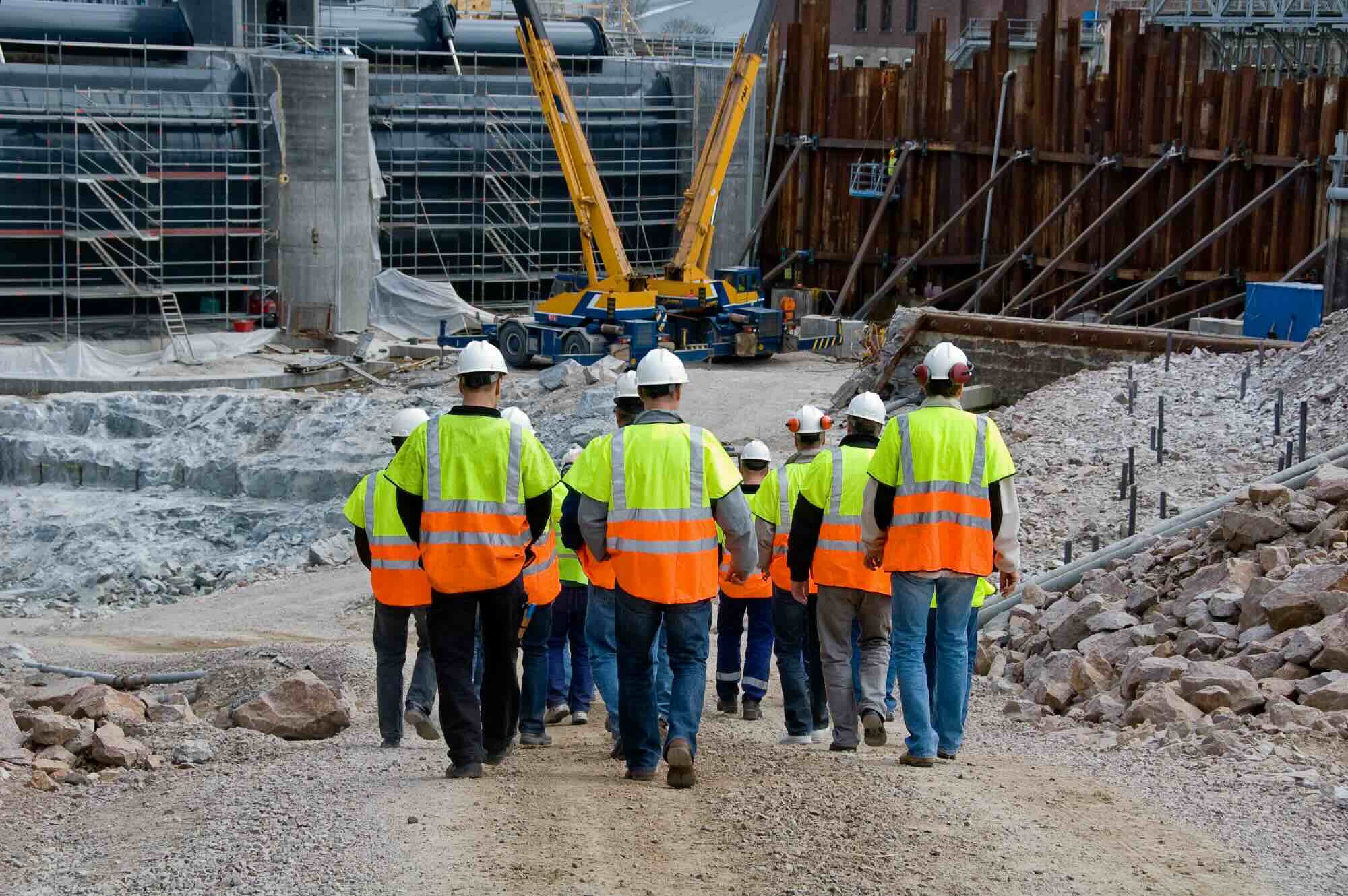

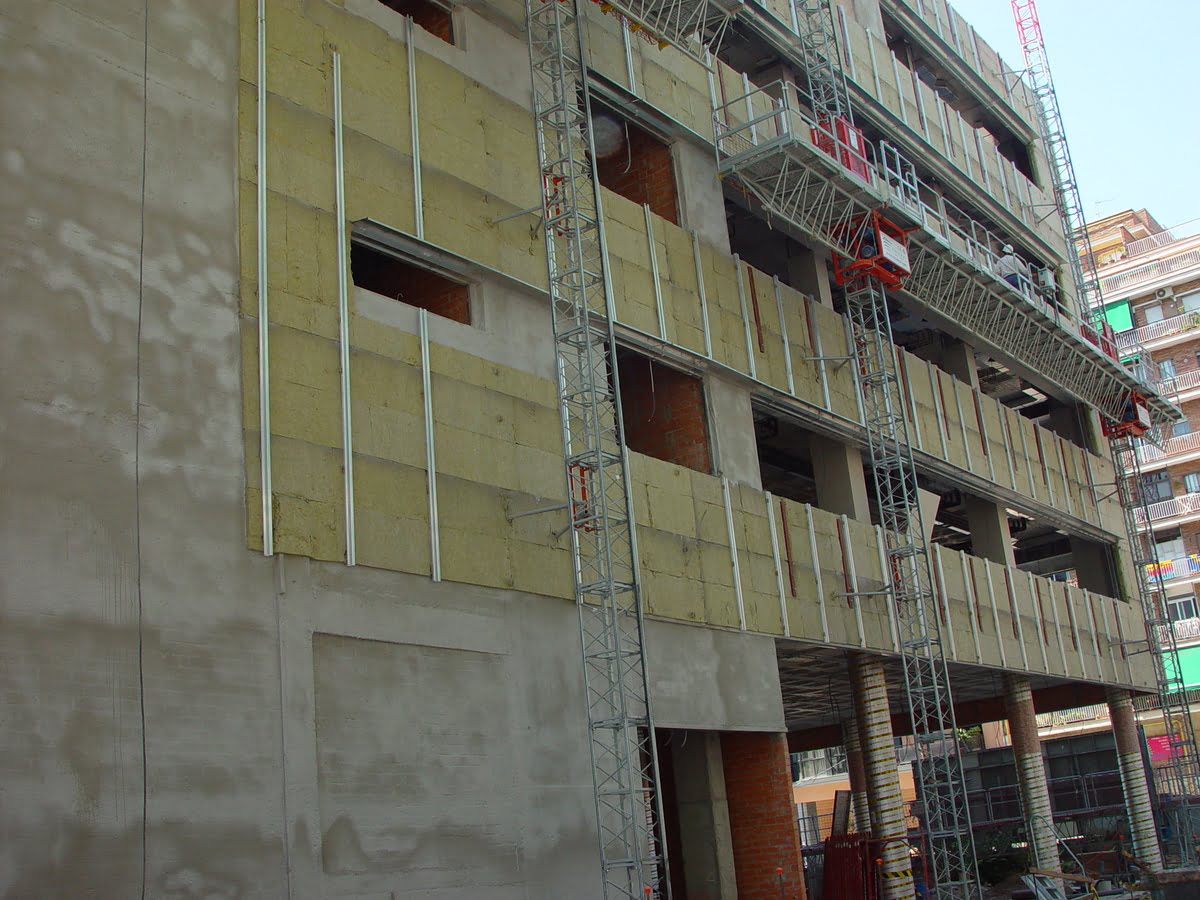

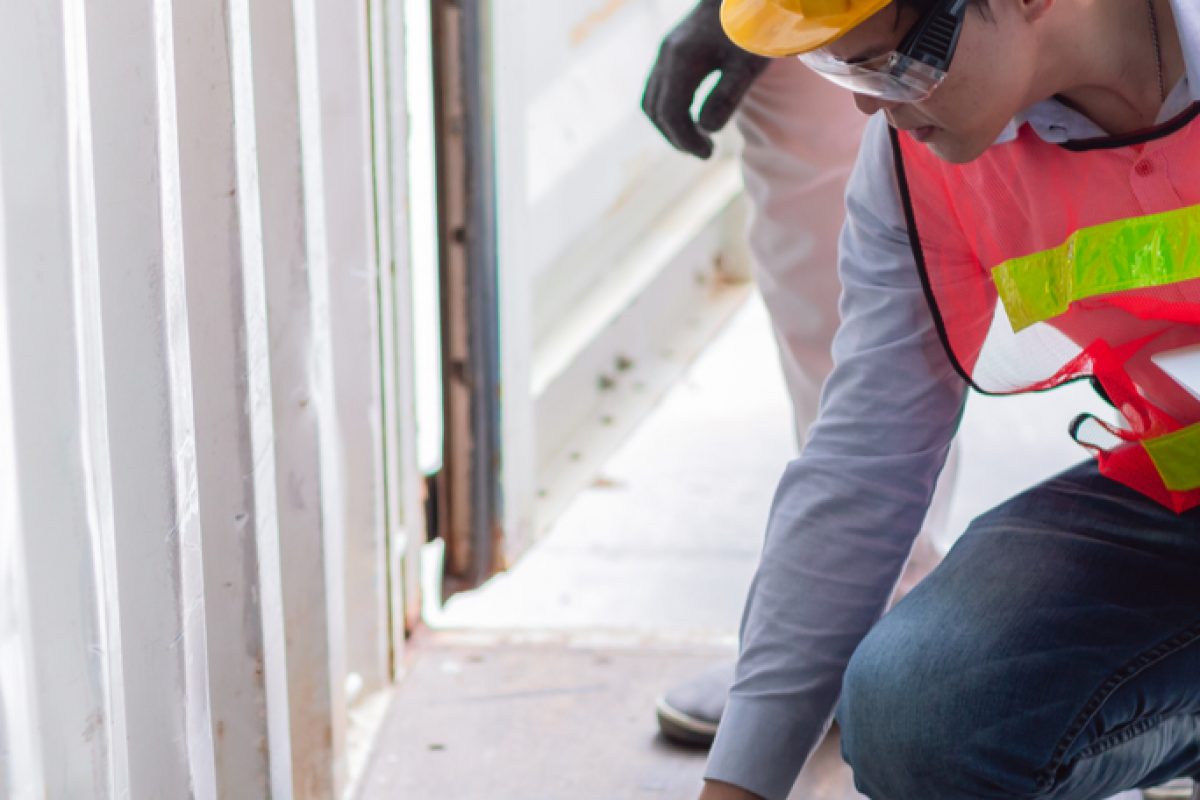
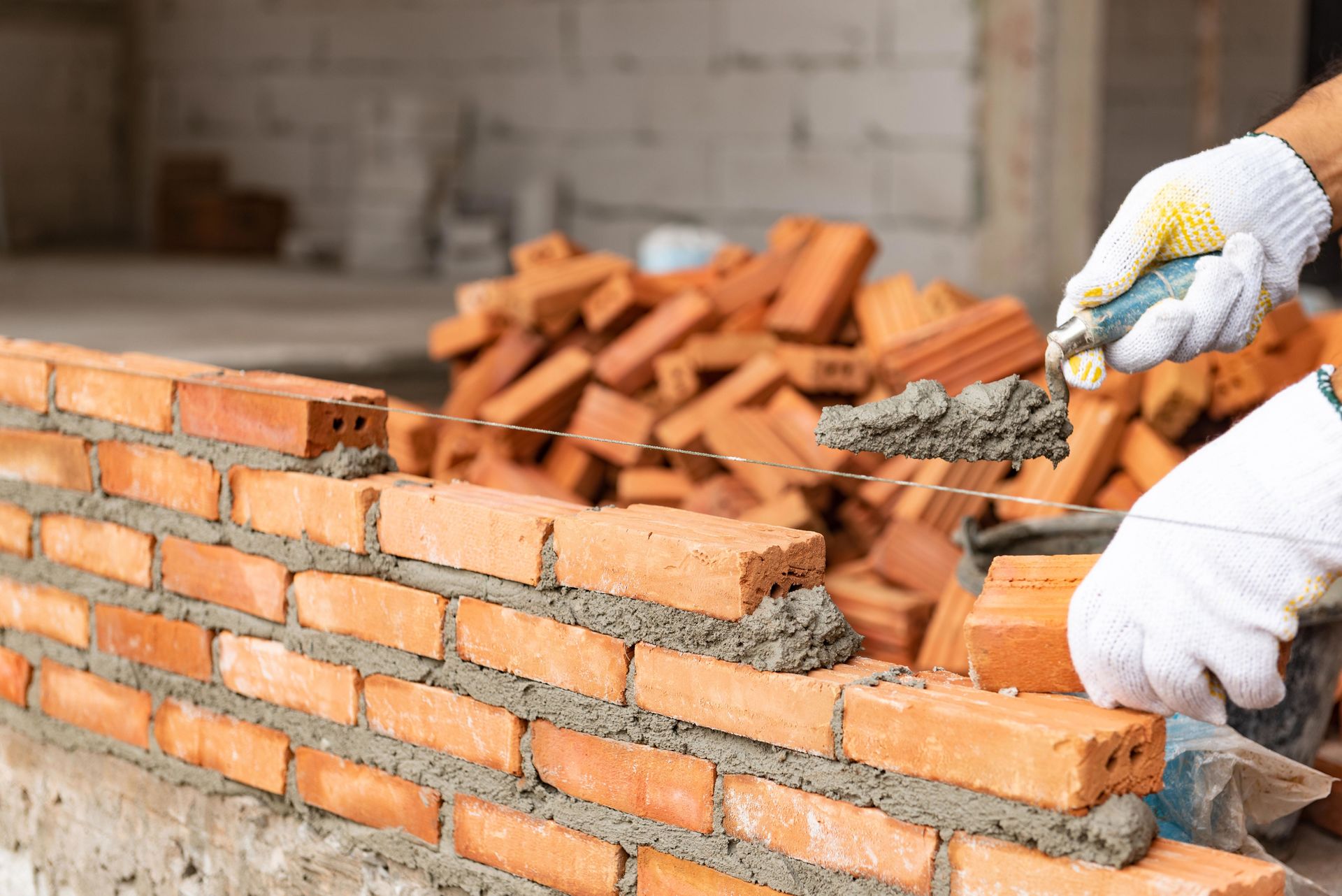
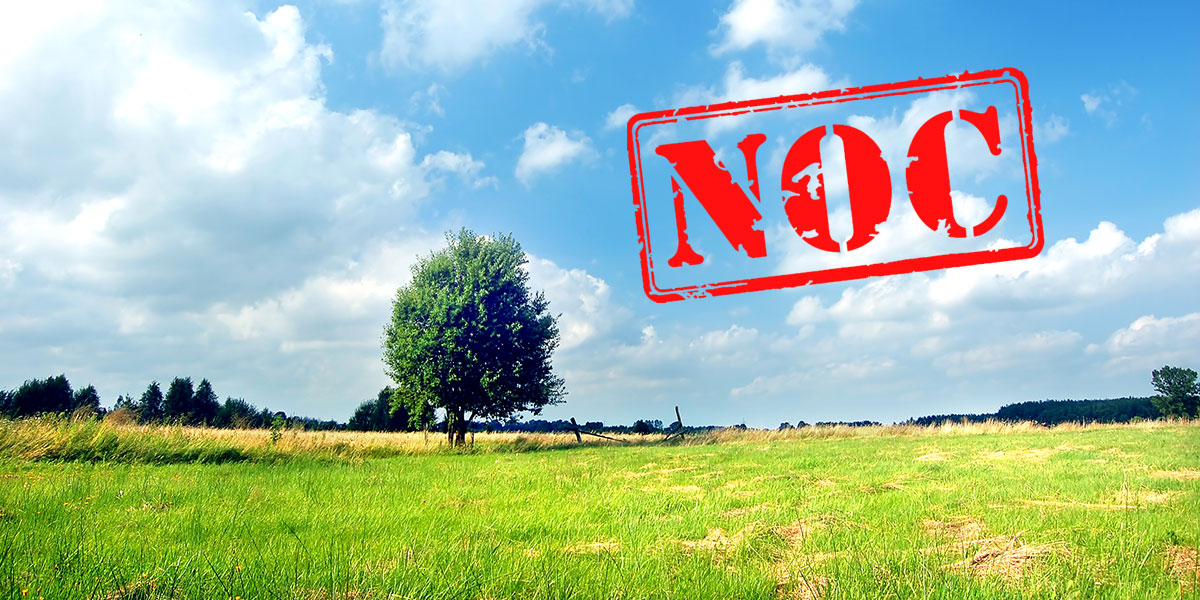
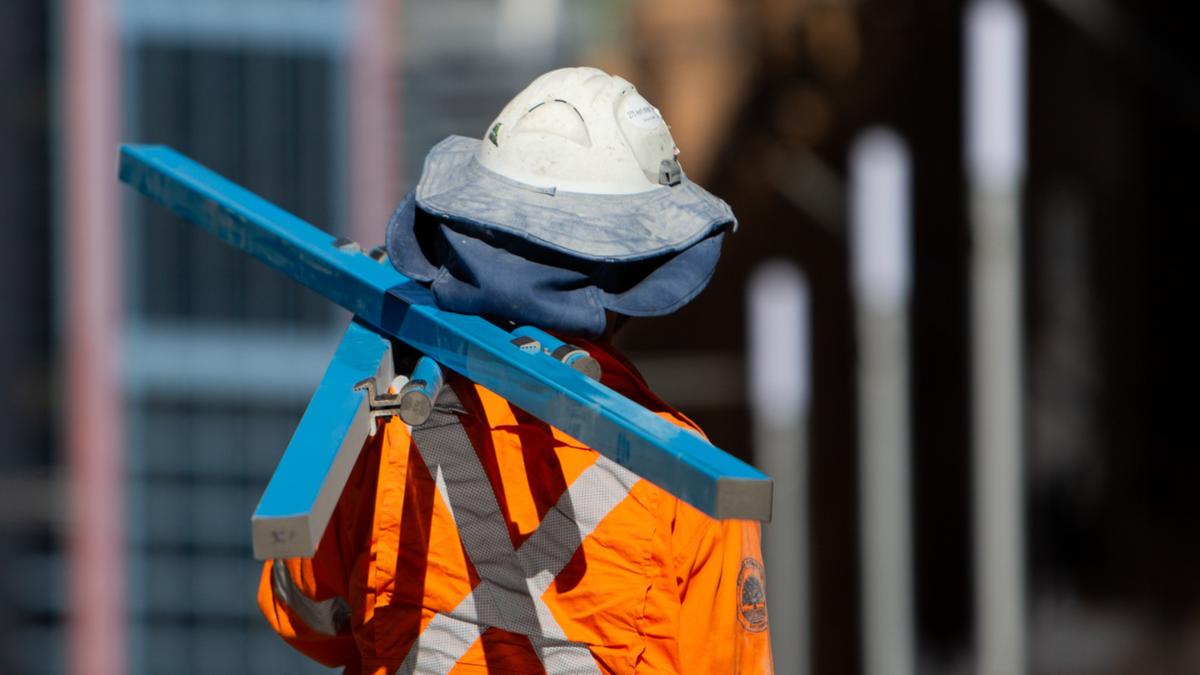
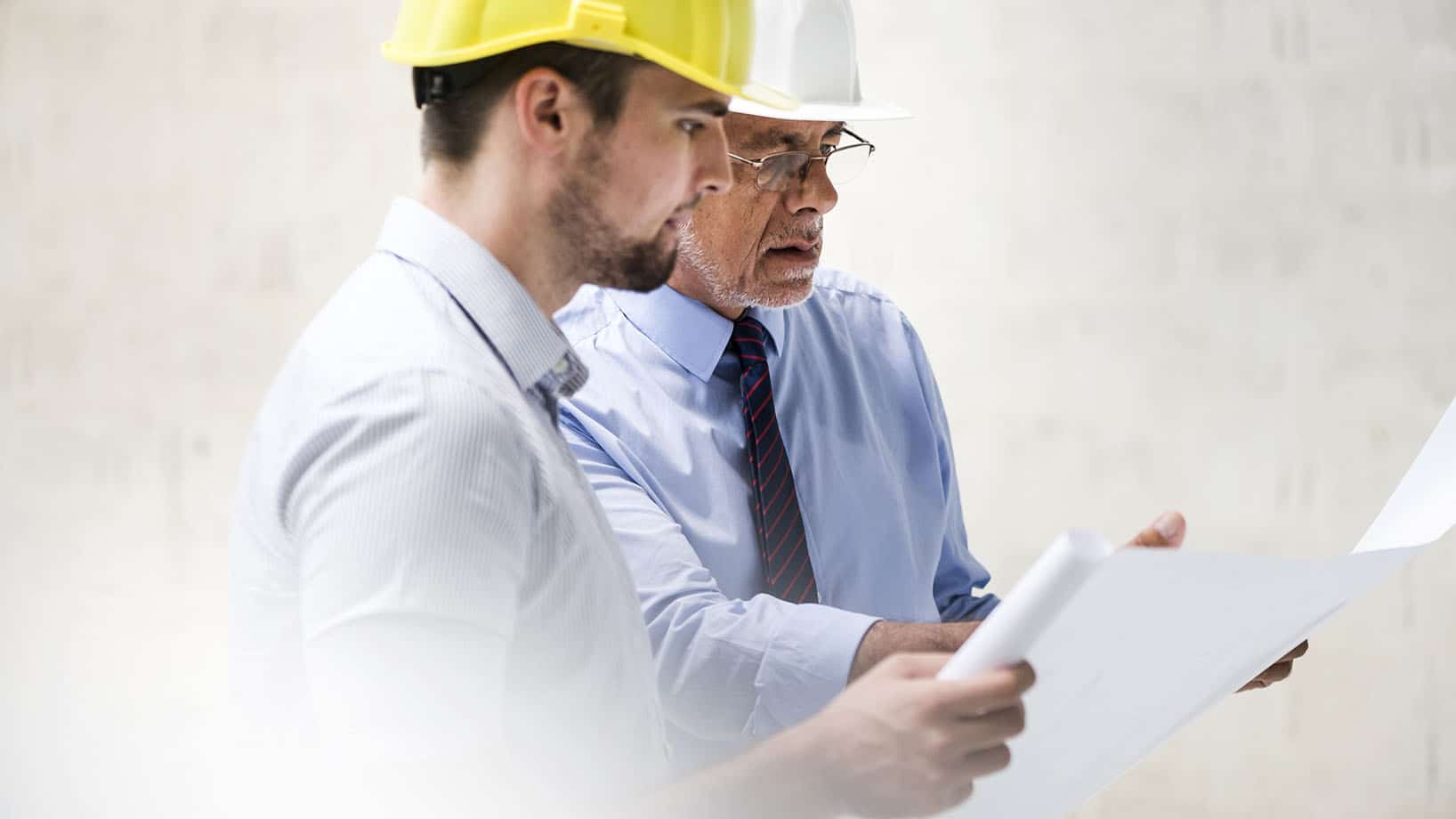
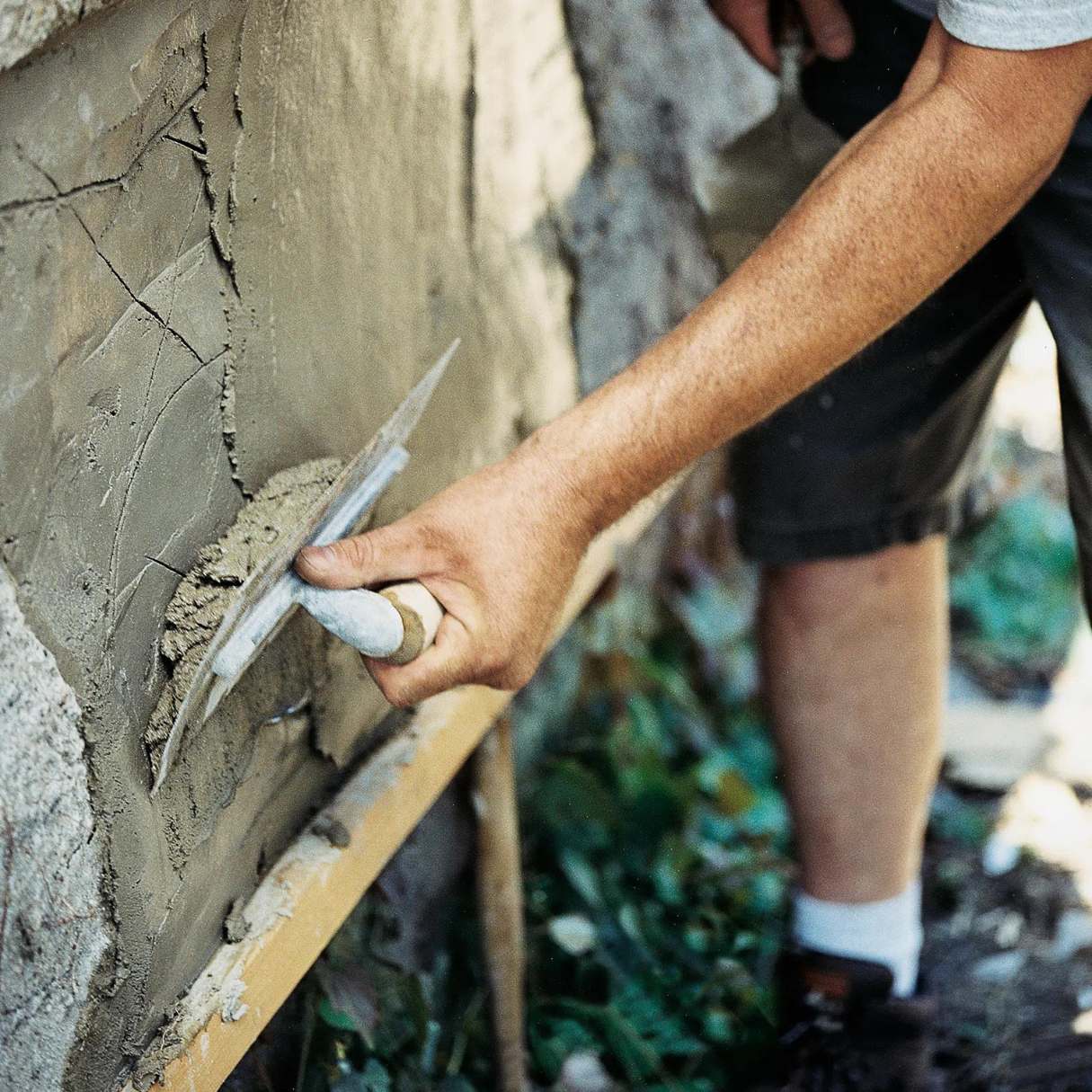

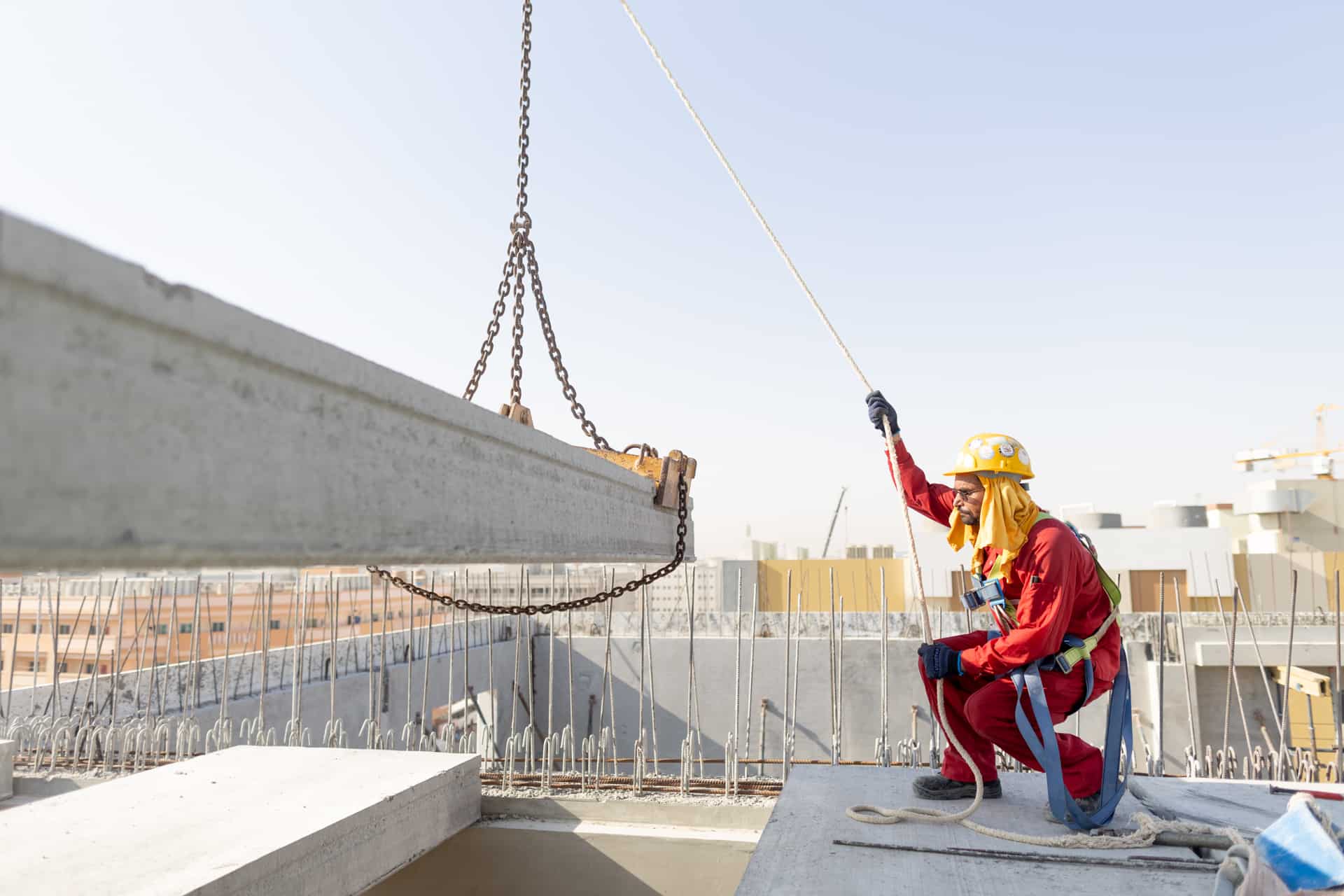
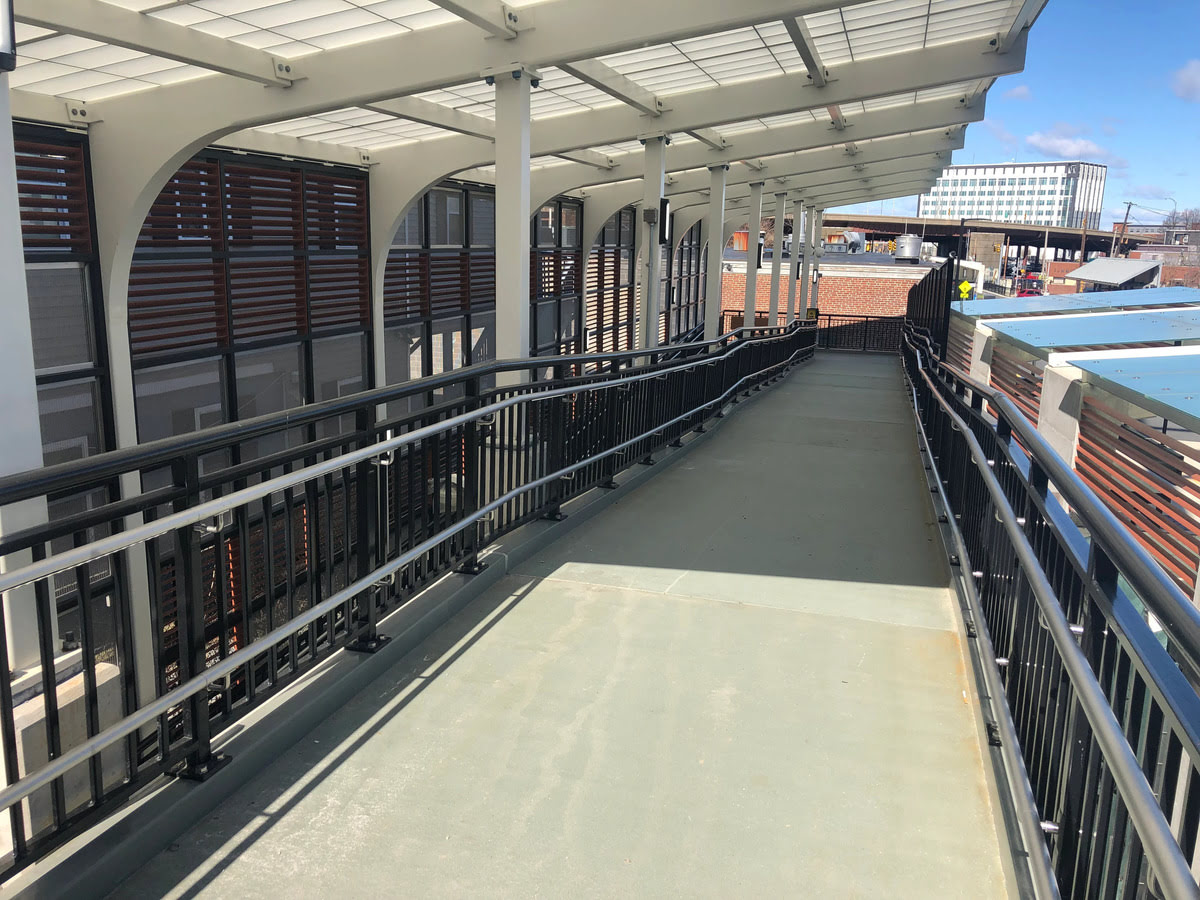
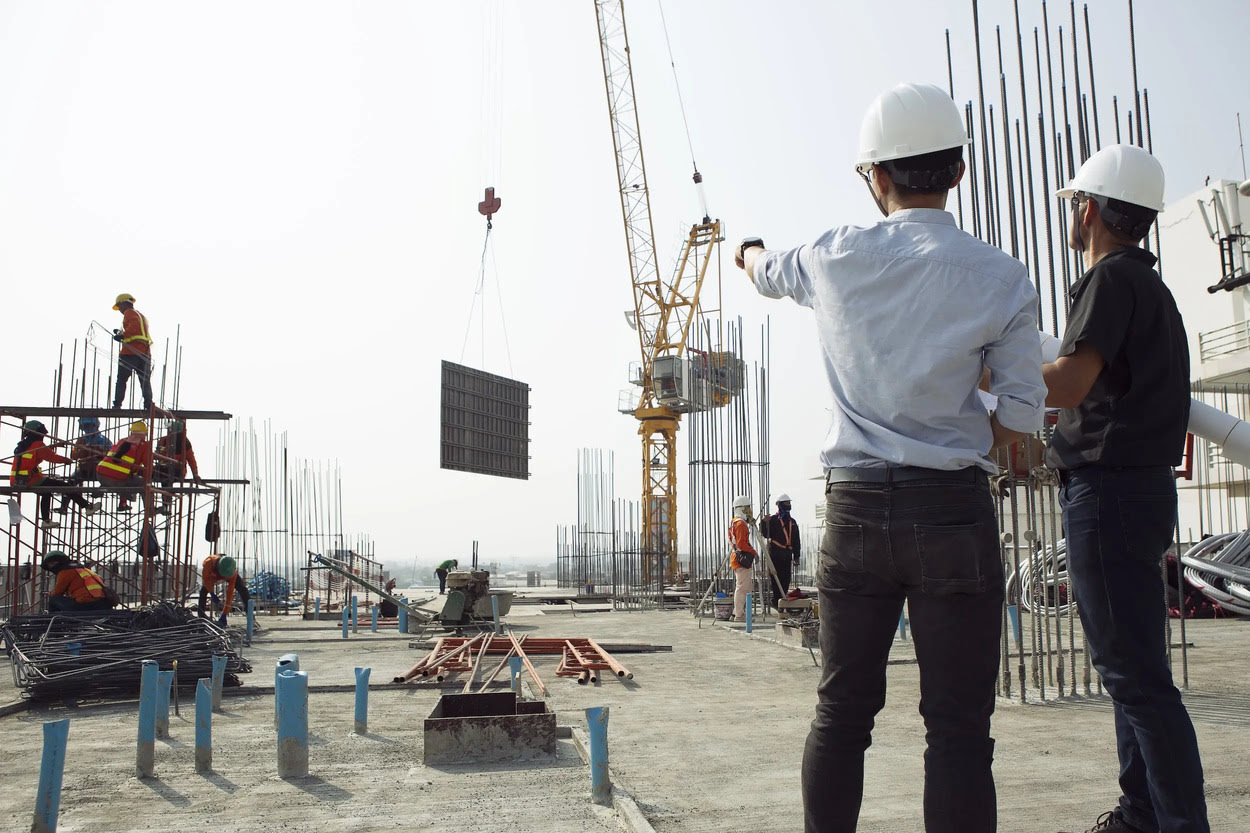

0 thoughts on “What Does Site Work Mean In Construction”